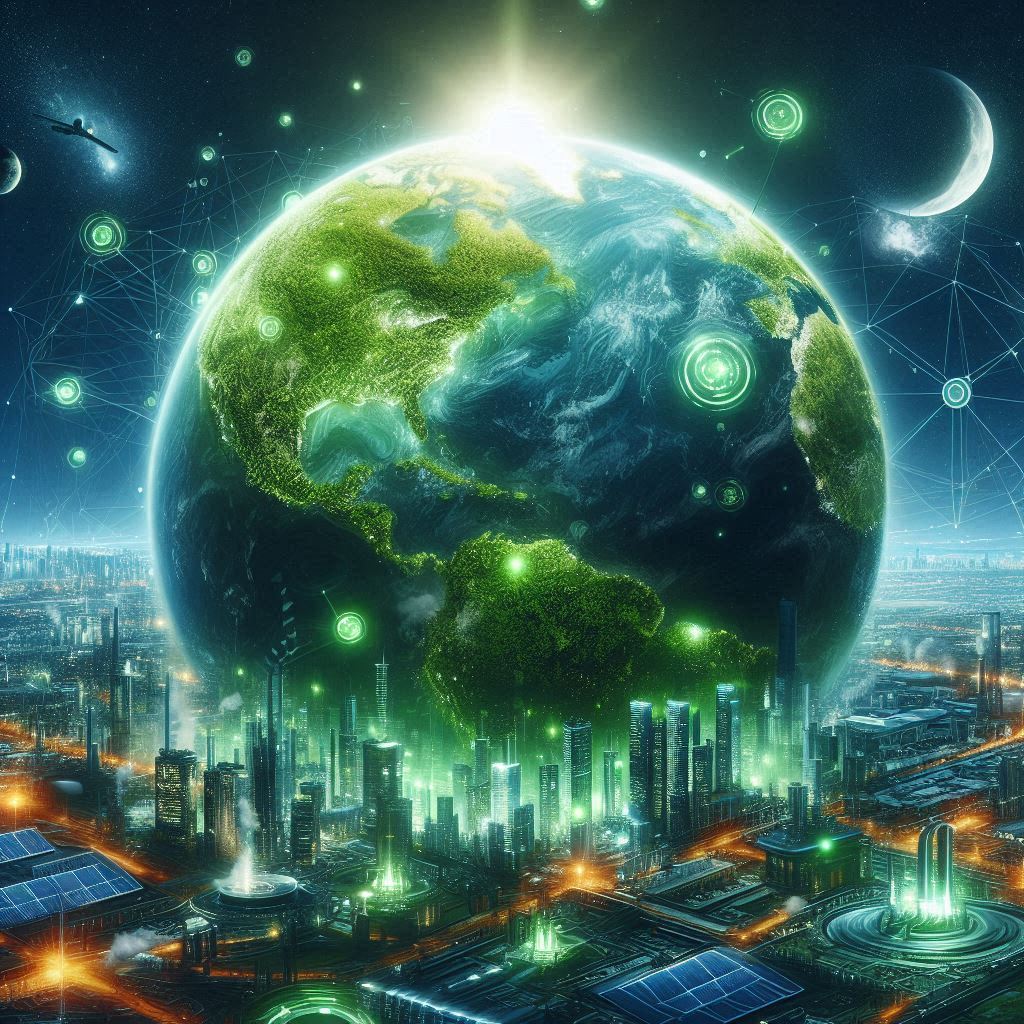
by Professor Dr Dasan Swaminathan
I am neither a prophet of hope nor a harbinger of doom, but the challenges we face today are undeniable and demand our urgent attention.
We live in a world plagued by grief, hatred, insecurity, greed, hunger, illicit drug abuse, human trafficking, pandemics, diseases and rivalry among nations. These afflictions have become deeply embedded in the fabric of our existence, making life increasingly complex, unpredictable, and precarious.
As 2025 unfolds, we are witnessing the profound devastation wrought by wars, environmental degradation, climate-induced disasters and the erosion of human well-being. These crises cast a shadow so deep that it could take generations to recover. Millions of lives have been lost or irreparably damaged —tragedies that, in many cases, could have been prevented.
Yet humanity persists in a self-destructive spiral, blinded by the relentless pursuit of monetary gain at the expense of conscience.
It is profoundly painful to watch as our only home —this Earth — becomes uninhabitable for so many. Have we forgotten the sanctity of life? Have we irreversibly harmed the very sanctuary that sustains us?
The pandemic should have been a wake-up call — a lesson in humility and the fragility of human existence. Instead, we have grown complacent, reverting to patterns that continue to harm both ourselves and the planet.
The critical question is no longer merely how to halt this destruction, but how to reignite hope and inspire a collective vision for a better world. Can we imagine a future where our children inherit a planet defined by compassion, sustainability, and harmony?
If we fail to act, the consequences will be catastrophic. Future generations may inherit a world mired in uncertainty, desperation, fear and hopelessness — a reality no one should have to endure.
But there is still time. Let us pause, reflect and commit ourselves to change. Together, we must plant the seeds of hope, nurture a spirit of kindness and dedicate ourselves to safeguarding the planet we call home.
The responsibility is ours. Let us act today to create a better tomorrow — for ourselves, for our children and for every soul yet to walk this Earth.
The burning question remains: how do we undo the destruction wrought over so many years? I propose that we establish an independent, democratic body of experts chosen from across the globe to formulate comprehensive policies to address these challenges. While climate-focused committees like COP already exist, a broader initiative — perhaps called “Save Mother Earth”— could address the full spectrum of threats facing our planet.
This body could develop actionable solutions and guidelines, recognising that international cooperation, though difficult, is non-negotiable.
The United Nations may serve as a model for organizing such a collective effort, but it must be strengthened and empowered to overcome bureaucratic inertia. This initiative must rise above political divisions, driven instead by a shared commitment to the survival and flourishing of humanity.
The time for action is now. Delays will only deepen the crises we face. Let us summon the courage to unite, innovate and transform our collective destiny before it is too late.
(Professor Dr Dasan Swaminathan, an advocate for healthcare for all and the future of our planet, also describes himself as a long-term “citizen” of this planet).